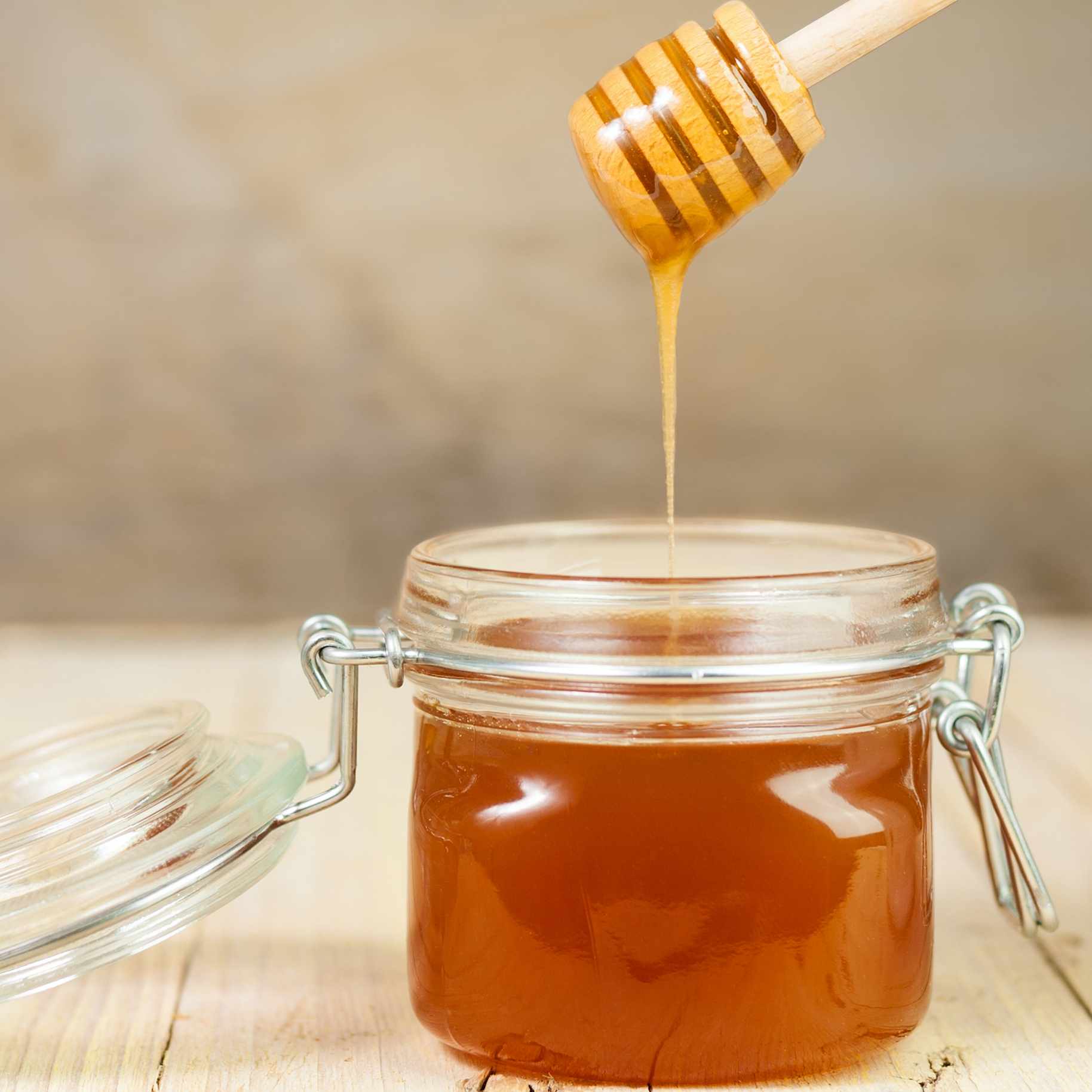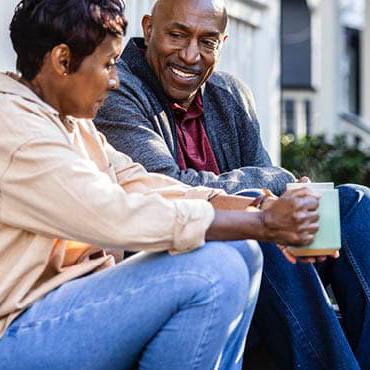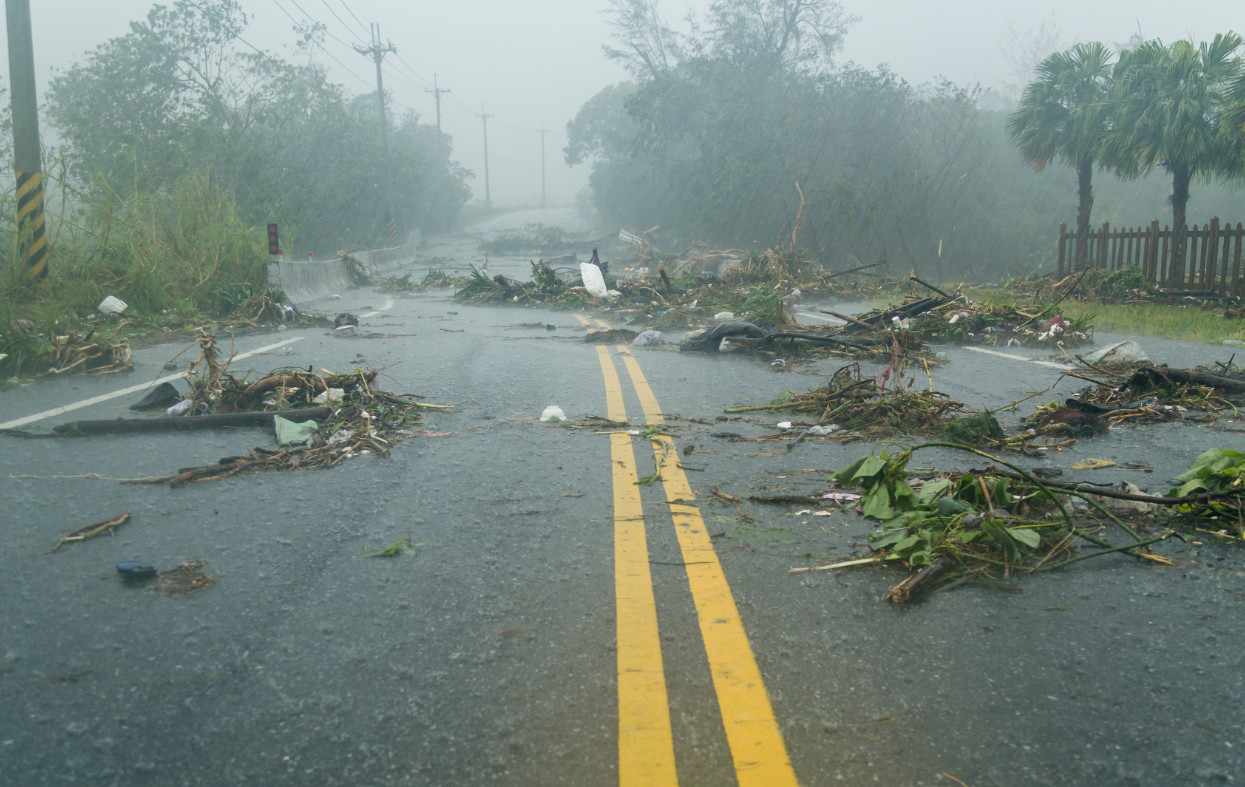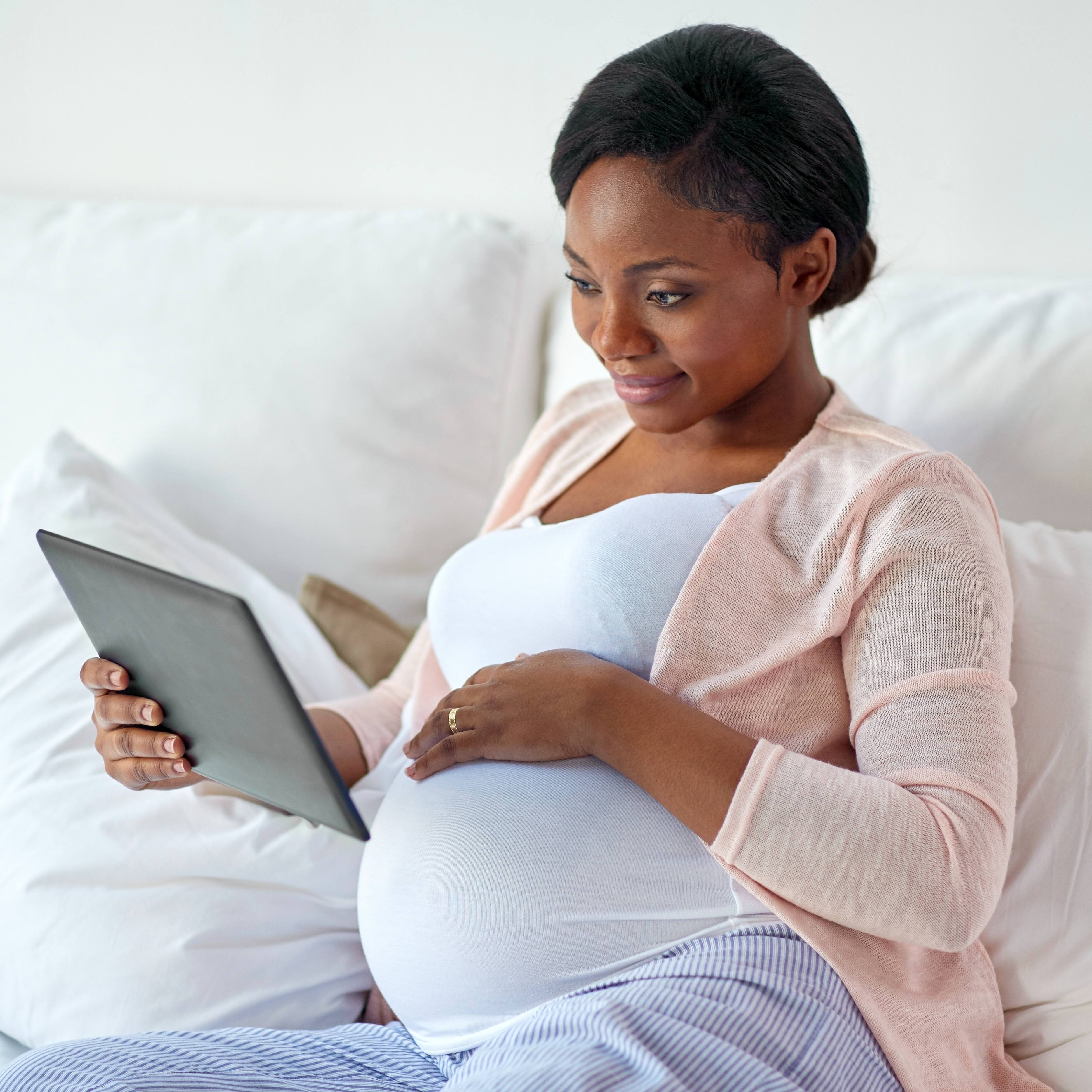-
Featured News
Safety suggestions before a hurricane hits
When a natural disaster strikes, being properly prepared can help ensure personal safety and well-being. Mayo Clinic experts advise that it's just as important to have appropriate medical provisions on hand as food and water.
"It is important to have food, water and other household supplies on hand when preparing for a hurricane or other disaster, but it is also important to take stock of your health care necessities and prepare a first-aid kit, as well, " says Dr. Vandana Bhide, internist at Mayo Clinic's Florida campus.
Dr. Bhide recommends these supplies:
- Antibiotic cream or ointment
- Band-Aids and gauze
- A two-week supply of any prescription medications
- Disinfecting wipes or hand sanitizer
- Bug repellent
- Sun block
"For people who are on a special diet, such as a low-salt or diabetic diet, we advise them to stock up on the specific food and be prepared to bring it with them if they need to evacuate," says Dr. Bhide.
Pregnant women, especially those 38 weeks and beyond, should also take special precautions, Dr. Bhide adds. "Identify the closest hospital, and be prepared with items not only for yourself, but for your baby, such as diapers, bottles and clothing, in case you deliver early," she says.
Dr. Bhide also reminds that, since most hospitals are not available as shelters, patients relying on durable medical equipment, including oxygen and home ventilators, should identify the nearest special-needs medical shelter. Most cities and towns should have one that can accommodate patients requiring power for medical devices.
"It is also important to remember to stay away from standing water that might occur as a result of any flooding. I also advise patients to include bug spray, particularly the ones that are effective against mosquitoes." Dr. Bhide says.
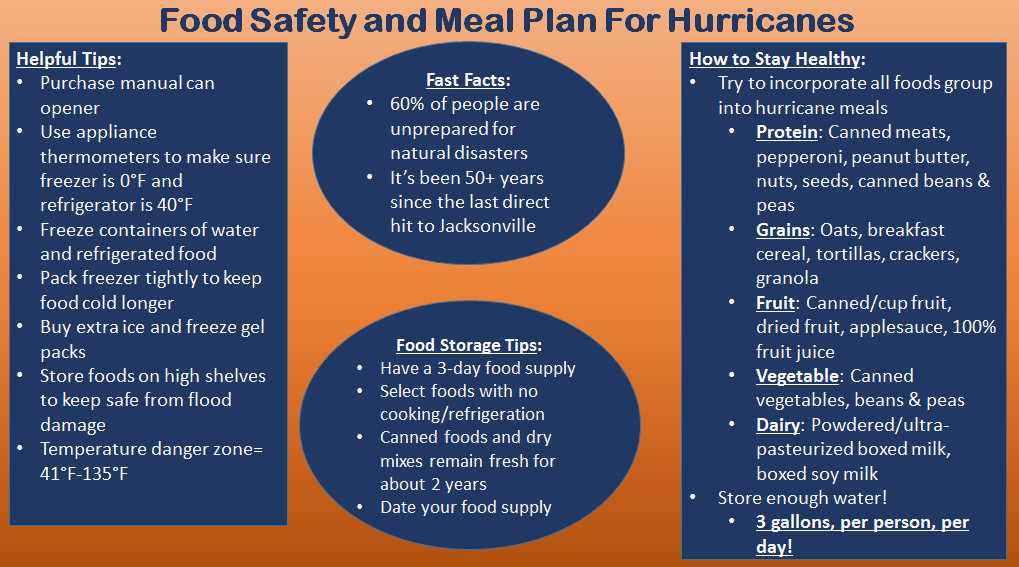
Food safety reminders
"Having a plan for basic food and water, particularly if power outages occur, will ensure proper nutrition, energy and long-term wellness," says Mayo Clinic nutritionist Debra Silverman.
When an emergency strikes you should:
- Keep refrigerator/freezer doors closed as much as possible.
- Refrigerator will keep cold for four hours if left unopened.
- Freezer will keep food cold for 48 hours if full.
- The temperature danger zone= 41 degree Fahrenheit to 135 degres Fahrenheit.
- If refrigerated food greater than 40 degrees Fahrenheit for more than two hours, discard the food.
Foods to store are:
- Bottled water (3 gallons per person per day)
- Shelf-stable boxed drinks (e.g., fruit juice and powdered milk)
- Canned goods (vegetables, fruit, meats and beans)
- Peanut butter or other nut butters
- Crackers
- Trail mix/dried cereal
Silverman also recommends keeping disposable cutlery, paper plates and cups on hand. Gel-based hand sanitizer or disenfectant wipes are also helpful.
Watch: Nutritionist Debra Silverman discuss hurricane preparation tips.
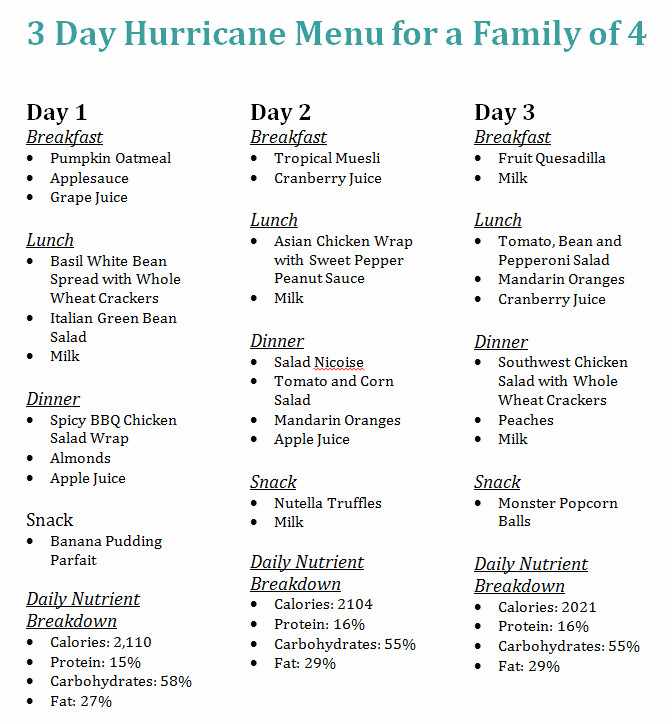
Related Articles
